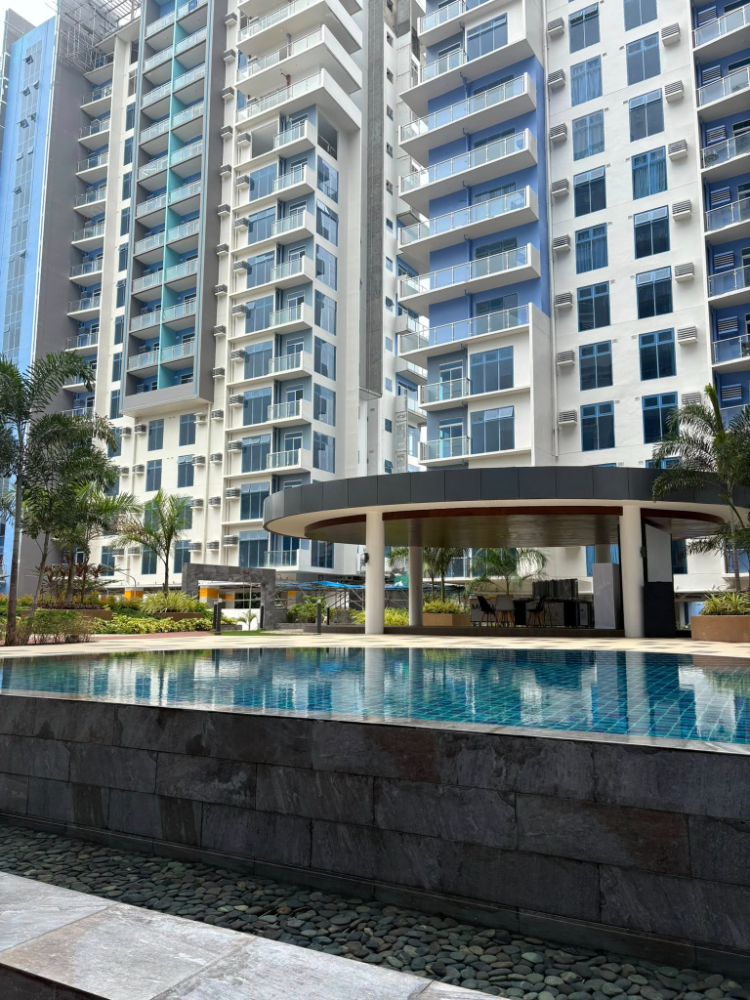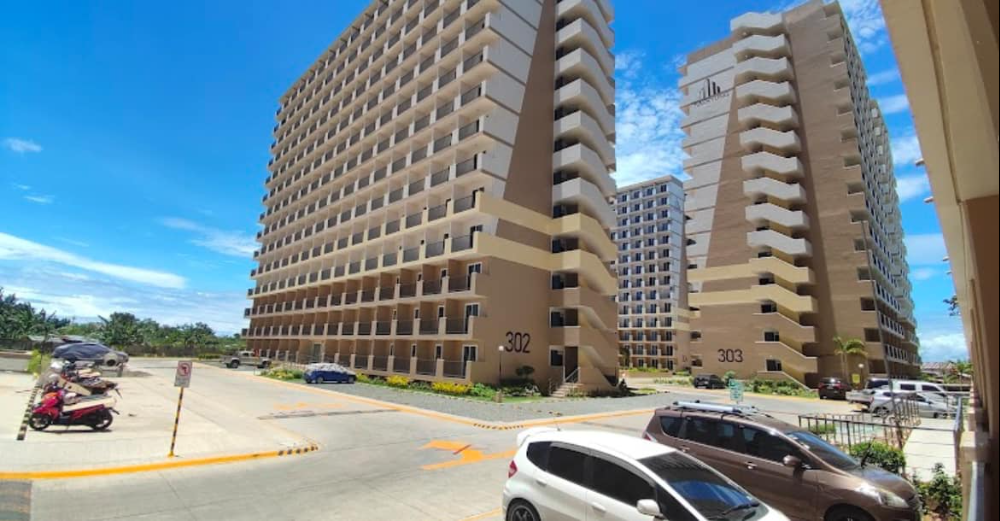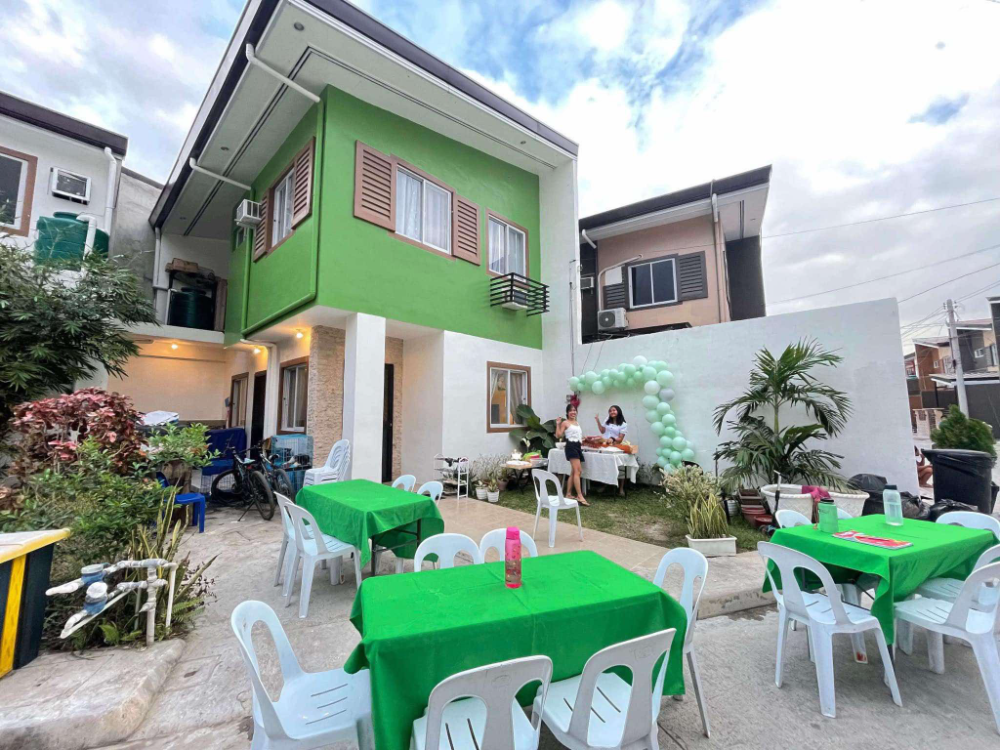FOR FOREIGNERS:
Under Philippine laws, only Filipinos are allowed to acquire any land in the country by purchase, transfer, or assignment. But if you are a foreigner, you may still be able to acquire properties in the Philippines through any of the following:
a. LEASE THE PROPERTY
A cheap alternative, you can lease public and private land for 25 years, and automatically renew it after this period. This is enough time for you to earn the return on your investments. This is also the ideal option if you are considering to retire in the Philippines. Foreigners can own houses or buildings as long as he or she does not own the land on which these structures are built.
b. PURCHASE LAND AS A BALIKBAYAN
The Dual Citizenship Act (Republic Act 9225 or the Citizenship Retention and Re-acquisition Act of 2003) gives all former Filipinos the right to buy land in the country.
c. BUY A CONDOMINIUM UNIT
You can also opt to buy a condominium unit. You can actually own 100% of the unit but not more than 40% of the entire condominium project.
d. INHERIT THE LAND UPON YOUR SPOUSE’S DEATH
When your Filipina wife or husband dies, you and your children are the compulsory heir to her or his properties.
e. THROUGH A FILIPINO TRUSTEE OR WIFE
As a foreigner, work with a Filipino you can trust to put the title or ownership of the property in his or her name. This is usually the way small-scale investors use to acquire a property in the Philippines.
f. FORM A CORPORATION
You can also choose to form a corporation with Filipino partners under the 40% (foreign)-60% (Filipino) capital sharing. If you are thinking of developing a resort or a tourism facility, this iron-clad arrangement is the preferred property ownership for foreign investors. But these are the exceptions to this rule, and these exceptions are found in the following cases:
- Acquisition before the 1935 Philippine Constitution
- Acquisition through hereditary succession, if the foreigner is a legal or natural heir (see item D above)
- Purchase of not more than 40% interest in a condominium project (see item C above)
- Purchase by a former natural-born Filipino citizen subject to the limitations prescribed by law (natural-born Filipinos who acquired foreign citizenship is entitled to own up to 1,000-square-meter of residential land and 1-hectare of agricultural or farm land)
- Filipinos who are married to aliens who retain their Filipino citizenship, unless by their act or omission they have renounced their Filipino citizenship
HOW TO PROTECT THE INTEREST FOREIGN BUYERS OR INVESTORS OF REAL ESTATE PROPERTIES
To protect the interest of foreign buyers or investors of real estate properties, you can engage in a setup that involves a combination of lease agreement through a Filipino trustee and the execution of a Special Power of Attorney in favor of the foreigner-buyer. Here are the things that can be done:
- Put the property under the name of the Filipino trustee or the Filipino spouse. The foreigner-buyer have the actual possession of the owner’s copy of the Certificate of Title. At the same time, the exchange of the money for the price of the property is exclusive only between the foreigner-buyer and the seller, and does not not go through the Filipino trustee.
- The foreigner-buyer and the Filipino trustee will execute a long-term lease contract in which the foreigner-buyer shall be the lessee and the Filipino trustee as the lessor. The lease contract will be non-cancellable and without restrictions to the use of the property. It will also carry with it the option to buy at negligible price at the end of the lease period.
- The Filipino trustee will execute a Special Power of Attorney or SPA that authorizes the foreigner-buyer to sell the property whenever the latter wants to. The SPA will be indefinite and without restrictions in terms of payment, price, and the like. This will give the foreigner-buyer sole authority and discretion to dispose of the property whenever he or she wants to, and to sign all papers and documents in relation to this transaction.
The setup mentioned above that is designed to protect the interest of the foreigner-buyer gives him or her several advantages without violating constitutional prohibitions on land ownership.
CAN FORMER FILIPINOS OWN LAND IN THE PHILIPPINES?
Take note that only natural-born Filipinos who have acquired American citizenship are entitled to own lands in the Philippines.
Based on the Philippine Constitution (Art. XII, Sec. 8), natural-born citizens of the Philippines who have lost his or her Philippine citizenship may be a transferee of private lands, subject to limitations provided law.
Under Section 7 of the same Article in the Constitution, former Filipinos are entitled to own and acquire lands through hereditary succession, for example by virtue of inheritance.
WHAT YOU SHOULD KNOW BEFORE BUYING REAL ESTATE PROPERTIES IN THE PHILIPINES
Here are the things you should know before you buy a property in the Philippines, especially if you are buying a single property from an individual:
- Be sure that the Transfer Certificate of Title is authentic. To check the authenticity of the title of the property you are buying, get a certified true copy of the title from the Register of Deeds, which is often located at the city or municipal hall of your locality. Ask the property seller for a photocopy of the title. Get the title number and the name of the owner in order to avail of a certified true copy of the title from the Register of Deeds.
- Confirm that the title is clean, manifesting that the property is not mortgaged and it has no liens and encumbrances. Check the back of the title with the heading Encumbrances.
- Be sure that the land described on the title is really the land that you are buying. You can validate this at the Register of Deeds or by hiring a private land surveyor or a geodetic engineer. Because land titles don’t have any street name and number to direct you to the property, it is important to verify the property you are buying with the technical description on the title.
- Confirm that the sellers are the real owners. Ask for identification papers and talk to neighbors or the barangay captain to confirm their identity and to check on the history of the property.
- Check that the yearly real estate taxes are paid. Ask for certified true copies of the Tax declaration and original tax receipts to confirm that the tax payments are up-to-date.
HOW CAN FILIPINOS LIVING ABROAD ACQUIRE PROPERTIES IN CEBU, PHILIPPINES?
If you are a Filipino currently living abroad but wishes to buy properties in Cebu, Philippines, here’s what you can do:
- Select a property you want to buy. Get the name of the project, house model, phase number, block number, and lot number of a house and lot property in a subdivision. For condominiums, get the unit number, floor number, and unit type.
- Authorize a person who is living in Cebu to be your lawful attorney-in-fact (Special Power of Attorney). If you don’t have one, you can work with CERB on this matter.
- Send your reservation payment through a bank. It must be paid in person and in cash to the developer or owner of the project by your authorized person. For your equity payment, it can be channeled through bank-to-bank transfer of account.
- All your documents can be sent to CERB, except for the Special Power of Attorney, which should be consolarized and sent via mail package delivery. But if you can come to Cebu within the calendar year, the consolarization of the Special Power of Attorney is not anymore needed.
DO YOU HAVE A SPECIAL RESIDENT RETIREE’S VISA?
If you are a holder of a Special Resident Retiree’s Visa (SRRV), you are offered various benefits, which may positively affect your real estate investments and transactions. These benefits include:
- Option to retire permanently. You may live, work and study in the Philippines
- Multiple entry privileges. You may travel outside the Philippines and re-enter anytime.
- Exemptions from
- Income tax over your pension and annuities
- Exit and re-entry permits of the Bureau of Immigration
- Annual registration requirement of the Bureau of Immigration
- Customs Duties and Taxes with regard to the importation of household goods and personal effects up to US$7,000.00
- Travel tax, if your stay in the Philippines is less than one year from the last entry date
- I-Card
When you are an SRRV holder, the PRA can assist you in obtaining basic documents from other government agencies, such as an Alien Employment Permit.
WHAT ARE THE TYPICAL TRANSACTION COSTS/TAXES?
Purchases from Individuals
- Capital Gains Tax: 6% of the actual sale price; 7.5% if the property assessed is being used by a business or the title is owned by a corporation
- Document Stamp Tax: 1.5% of the actual sale price
- Transfer Tax: 0.5% of the actual sale price
- Registration fee: 0.25% of the actual sale price
Purchases from Developers
- Capital Gains Tax: 10% of the actual sale price
- Document Stamp Tax: 1.5% of the actual sale price
- Transfer Tax: 0.5% of the actual sale price
- Registration fee: 0.25% of the actual sale price


























